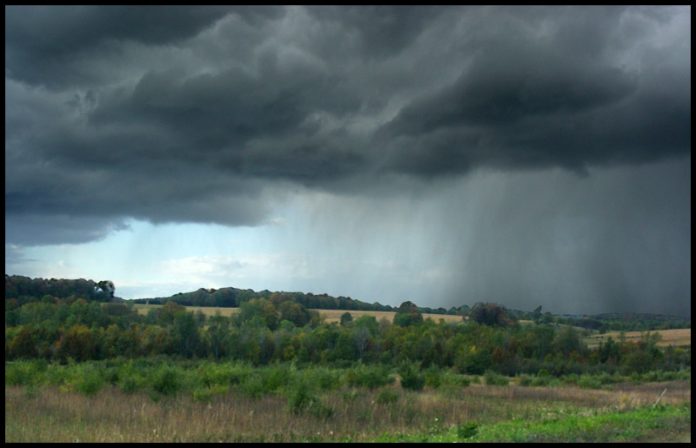Environmental change is relied upon to prompt more extremes of both overwhelming precipitation and dry season, with various impacts in various parts of the world. Such climate extremes can expand defenselessness to nourishment instability.
A new study, led by the University of Exeter inspected how environmental change could influence the defenselessness of various nations to nourishment frailty – when individuals need access to an adequate amount of reasonable, nutritious sustenance. Scientists observed the difference between global warming of 1.5°C and 2°C and found that in spite of expanded weakness to sustenance instability in the two situations – the impacts would be more awful for most nations at 2°C.
The study looked at 122 developing and least-developed countries, mostly in Asia, Africa, and South America.
Professor Richard Betts, Chair in Climate Impacts at the University of Exeter said, “Warming is expected to lead to wetter conditions on average – with floods putting food production at risk – but agriculture could also be harmed by more frequent and prolonged droughts in some areas.
“Wetter conditions are expected to have the biggest impact in South and East Asia, with the most extreme projections suggesting the flow of the River Ganges could more than double at 2°C global warming.”
The zones most exceedingly terrible influenced by dry seasons are relied upon to be southern Africa and South America – where streams in the Amazon are anticipated to decrease by up to 25%.
The specialists analyzed anticipated changes in climate extremes and their suggestions for freshwater accessibility and defenselessness to sustenance instability.
The group included specialists from the Met Office, the European Commission, the Technical University of Crete, Cranfield University, and the Rossby Center in Sweden.
The paper, published in a special issue of the journal Philosophical Transactions of the Royal Society A, is entitled: “Changes in climate Extremes, freshwater availability and vulnerability to food insecurity projected at 1.5°C and 2°C global warming with a higher-resolution global climate model.”
